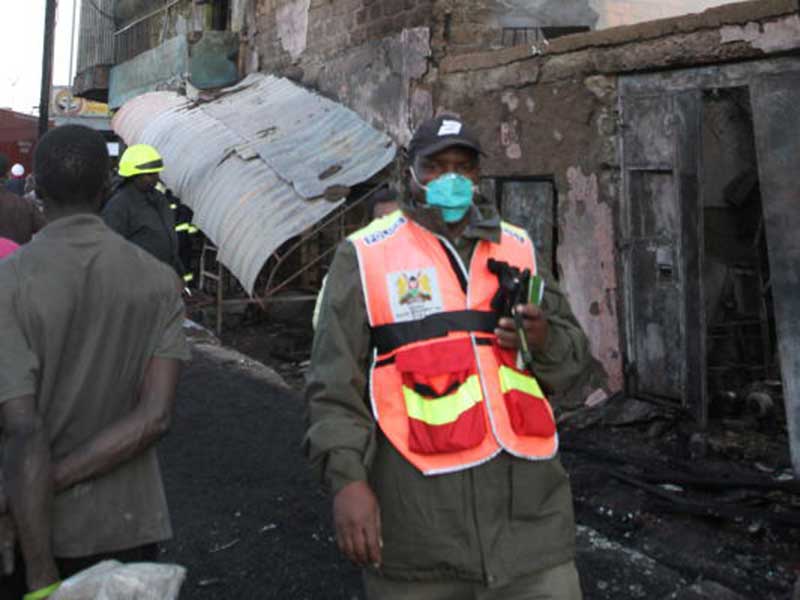×
The Standard e-Paper
Home To Bold Columnists

Slumped against a metal post, face between his hands, no one could tell exactly what was going through David's mind.
David, who appeared to be in his 20s, had isolated himself from his family, who were just two steps away, arguing with a group of morticians at the Chiromo mortuary, Nairobi, yesterday.